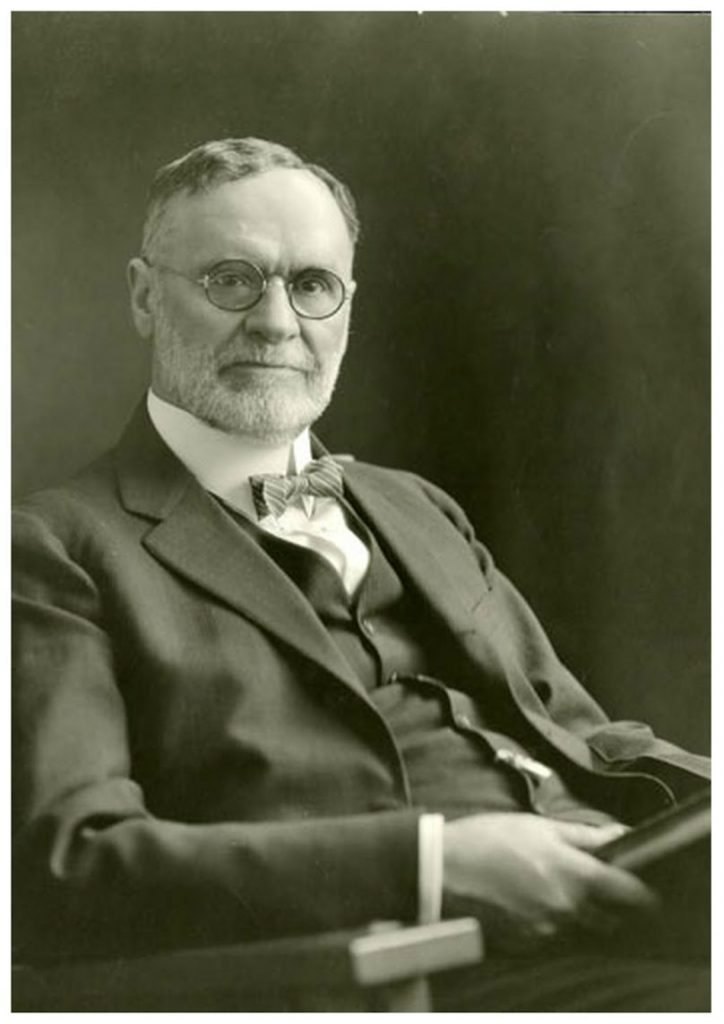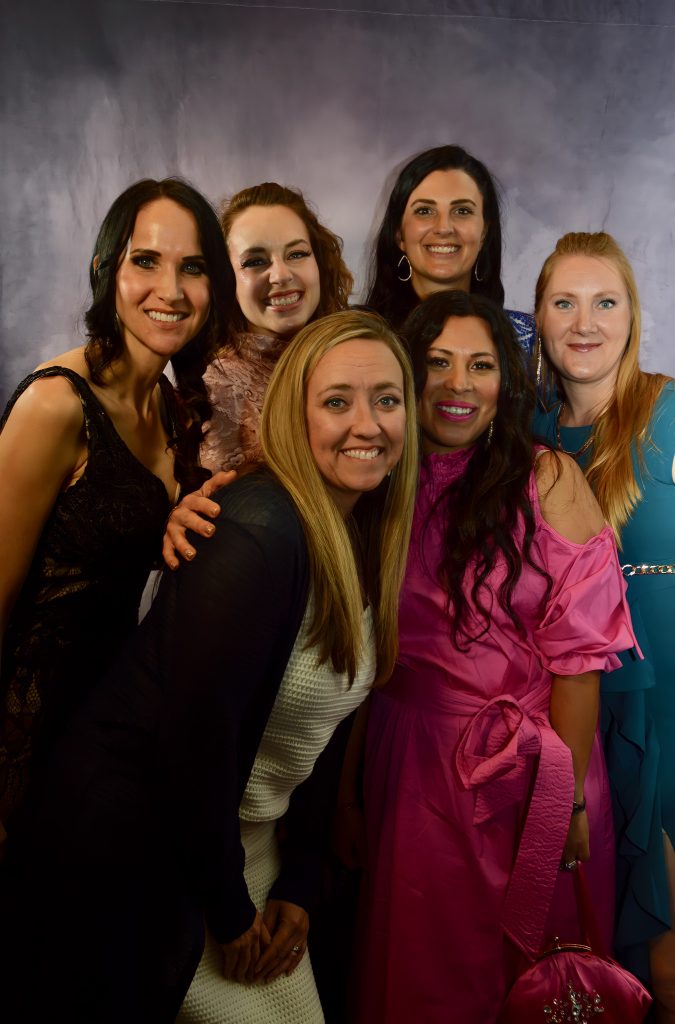all about the
Whitney Awards
how it began…
named after Orson F. Whitney
In 2007, Robison Wells set out to showcase the best of Latter-day Saint fiction—at first, fiction specifically for the Latter-day Saint market and later, fiction written by anyone who identified as a member of the Church of Jesus Christ of Latter-day Saints.
The Whitney Awards are named for Orson F. Whitney, who
prophesied:
“We will yet have Miltons and Shakespeares of our own. ”
Orson F. Whitney
Of Latter-day Saint literature he said, “Above all things, we must be
original{…}. Our mission is diverse from all other; our literature must
also be.” These awards are intended to honor novelists within the
Latter-day Saint faith, to showcase their talents and their unique contributions to literature.
“Since then things have blossomed into a magnificent program that
honors the best of the best, national, indie-pubbed, LDS-pubbed, and everything in between. And I couldn’t be prouder.”
— Robison Wells, founder
It is our hope to be a part of that journey toward excellence by honoring writers who are members of the Church of Jesus Christ of Latter-day Saints and showcasing, through their work, the standards that make us a unique people.


categories
What categories can be nominated?
- Romance
- Historical Romance
- Mystery / Suspense
- Speculative Fiction
- General / Historical Fiction
- General Young Adult Fiction
- Speculative Young Adult Fiction
- Fantasy Young Adult Fiction
- Middle Grade Fiction
- Novel of the Year (Young Adult Fiction)
- Novel of the Year (Youth Fiction)
- Best Novel by a Debut Author
other info
Each year, achievement awards may also be given out at the discretion of the Whitney Awards Committee. The Outstanding Achievement Award and Lifetime Achievement Award honor exceptional bodies of work and/or contributions to the writing community by authors who are members of the Church of Jesus Christ of Latter-day Saints.
The Whitney Awards Committee:
President: Jessica Kendall
Publisher Contact: Cassie Cook
Author Contacts: Julie Whipple, Tiffini Knight
Social Media Manager: Rusty Marcum
Nominations Specialist: Kasey McQueen
Judging Coordinator: Varvara Jones
Website Manager: Kimberlee Vantine
Finance Specialist: Nicki Stanton
Special Thanks to: Kara Reynolds, Ballot Specialist; Don Carey, Tech Specialist, Evelyn Hornbarger, Photographer
Previous Whitney Awards Presidents and Committees (click to expand)
2007: Robison Wells, BJ Rowley, Crystal Leichty, James Dashner, Julie Wright, Kerry Blair, Stephanie Black
2008: Robison Wells, Angela Eschler, Annette Lyon, Crystal Leichty, Kerry Blair, Josi S. Kilpack, Michele Paige Holmes
2009: Robison Wells, Jaime Theler, Crystal Leichty, Danyelle Ferguson, Julie Coulter, Bellon, John Ferguson, Sheila Staley
2010: Josi S. Kilpack, Alison Palmer, Crystal Leichty, Josh Perkey, Luisa Perkins, Michele Paige Holmes, Shanda Cottam
2011: Josi S. Kilpack, Annette Lyon, Heather Moore, Jana Parkin, Luisa Perkins, Sarah M. Eden
2012: Heather Moore, Jaime Theler, Josh Perkey, Marion Jensen, Mindy Holt, Sarah M. Eden, Stephanie Black
2013: Mindy Holt, Crystal Leichty, Heather Gardner, Jaime Theler, Josh Perkey, Margot Hovley, Marion Jensen
2014: Annette Lyon, Gregg Luke, Heather Justesen, Kaylee Baldwin, Kimberly Vanderhorst, Ranee’ S. Clark, Stephanie Black
2015: Jaime Theler, Stephanie Black, Kimberly Vanderhorst, Kaylee Baldwin, Nancy Campbell Allen, Deborah Talmadge Bickmore, Marion Jensen, Heather Justesen
2016: Stephanie Black, Peggy Eddleman, Braden Bell, Monique Luetkemeyer, Kimberly Vanderhorst, Josi Kilpack, Sian Bessey.
2017: Peggy Eddleman, Janet Sumner Johnson, Josi S Kilpack, Monique Luetkemeyer, Jared Garrett, Jeremy Maughan, Michelle Wilson, E B Wheeler.
2018: Janet S. Johnson, Bridget Baker, Shauna Holyoak, Varvara Jones, Robin M. King, Taffy Lovell, Angie Taylor, Amy Wilson
2019: Amy Wilson, Karin Brown, Darci Cole, Varvara Jones, Robin M. King, Taffy Lovell, Kara Reynolds, Angie Taylor
14th Annual Awards (2021 Gala): Kara Reynolds, Elisa McLean, Jamie McHenry, Taryn Skipper, Taffy Lovell, Gina Denny, Angie Taylor, Emily Paxman
15th Annual Awards (2022 Gala): Emily Inouye Huey, Amanda Kanno Davis, April Clausen, Benjamin Inouye, Danielle Hoveley, Jana King, Megan K. Jensen, Sarah Alva, Taryn Skipper
Special Thanks to Rob Lyon for nine years of ballot management. Ballots from this year forward are managed by Kara Reynolds
16th Annual Awards (2023 Gala): Taryn Skipper, Allison Hong Merrill, Breanna Sumiko Teramoto, Danielle Hovley, Julie Whipple, Kasey McQueen, Kimberlee Ramirez, Leisha Bicker, Sarah Alva
17th Annual Awards (2024 Gala): Taryn Skipper, Bonnie Jo Pierson, Danielle Hovley, Julie Whipple, Kasey McQueen, Kimberlee Ramirez, Leisha Bicker, Miranda Renae Barker, Rusty Marcum
18th Annual Awards (2025 Gala): Julie Whipple, Miranda Renae Barker, Jill Warner, Sarah Alva, Rusty Marcum, Kasey McQueen, Caren Hahn, Kimberlee Ramirez, Leisha Bicker
